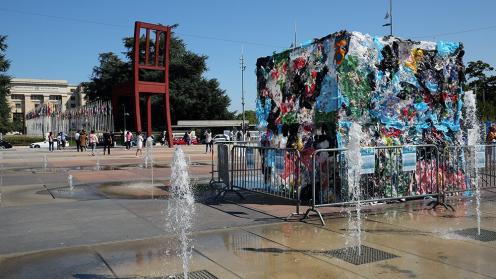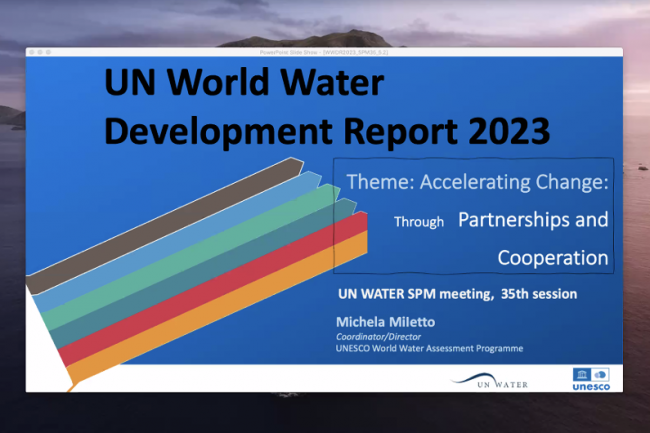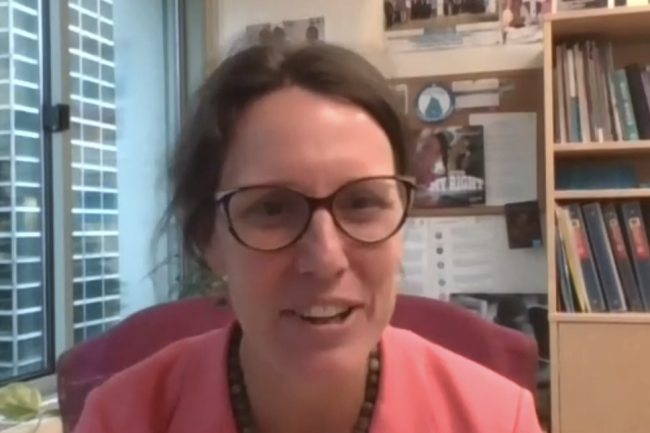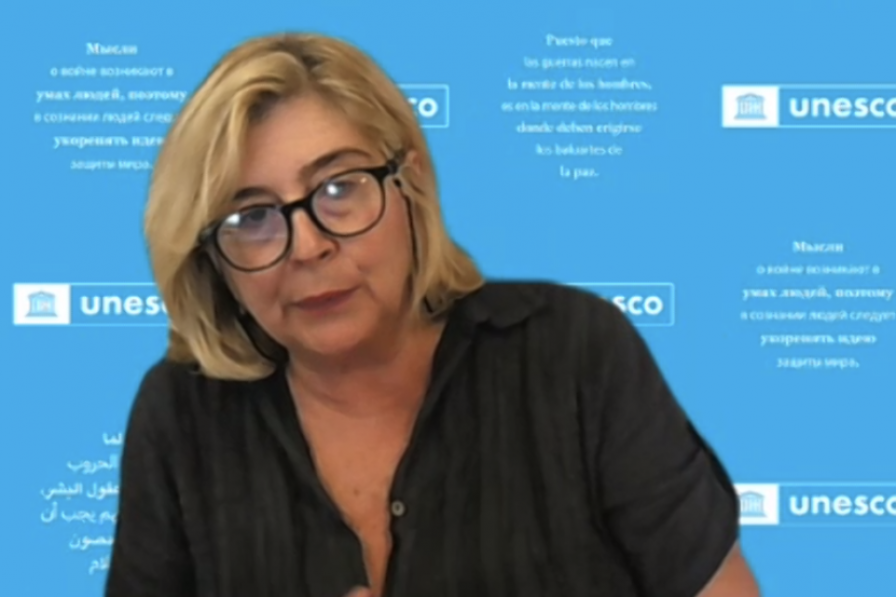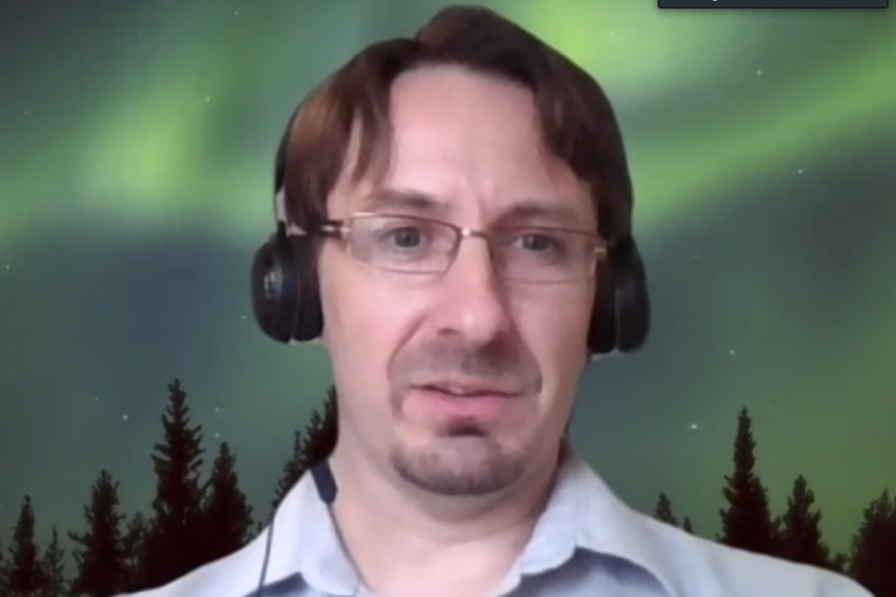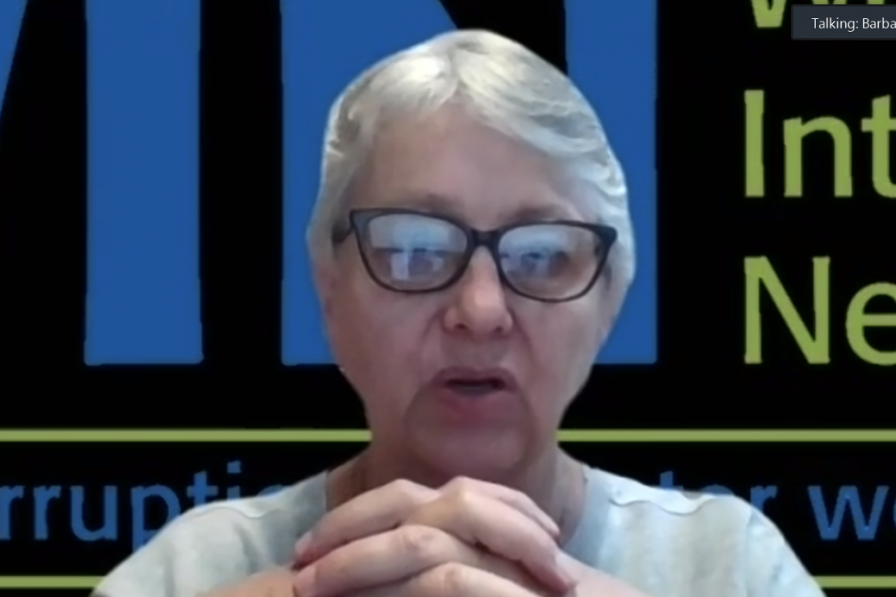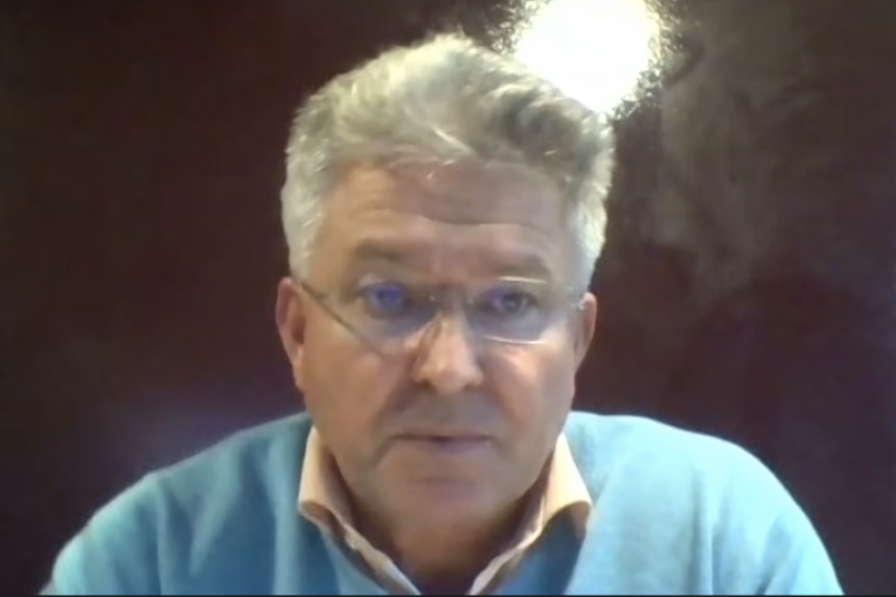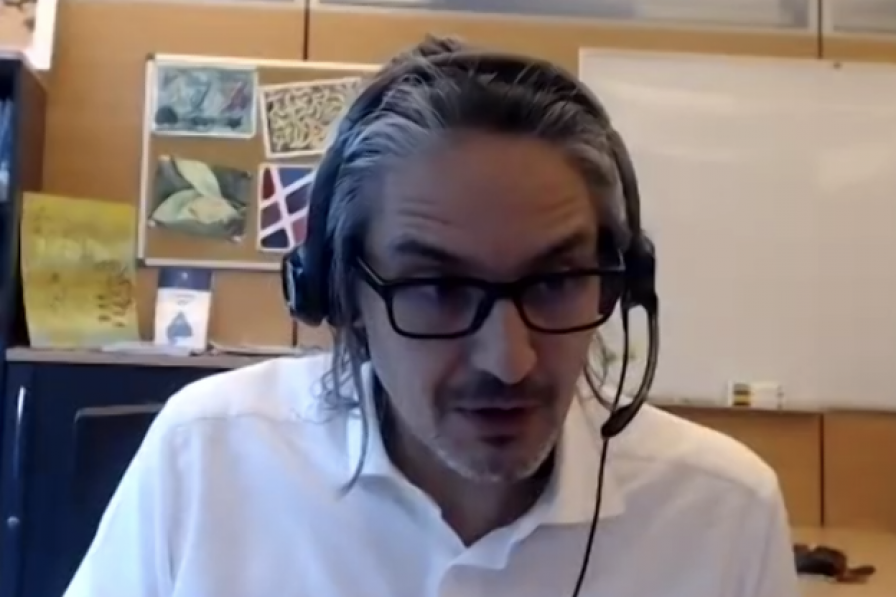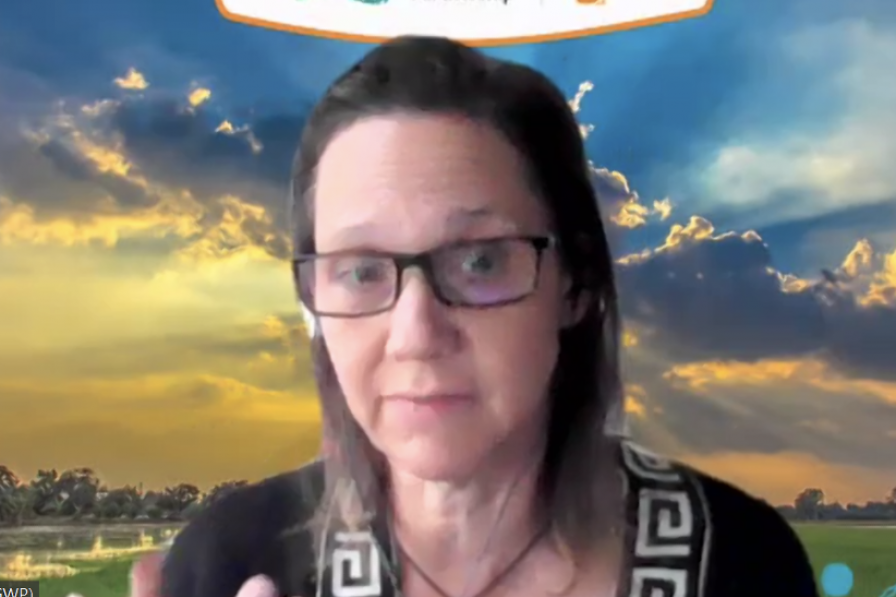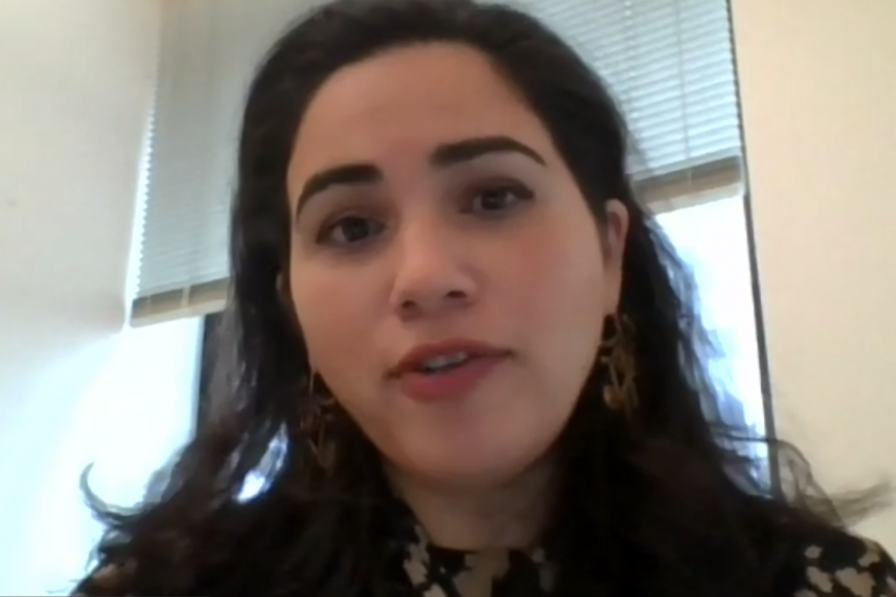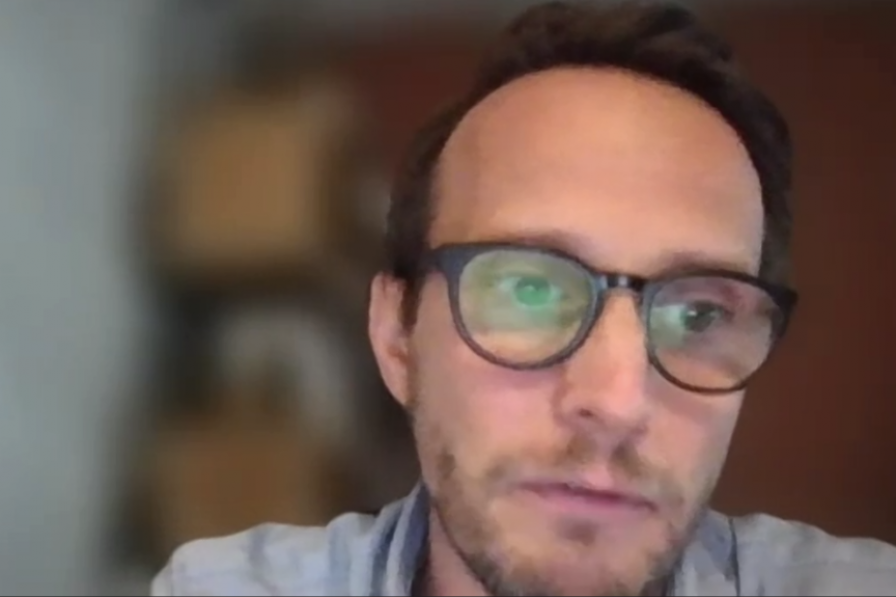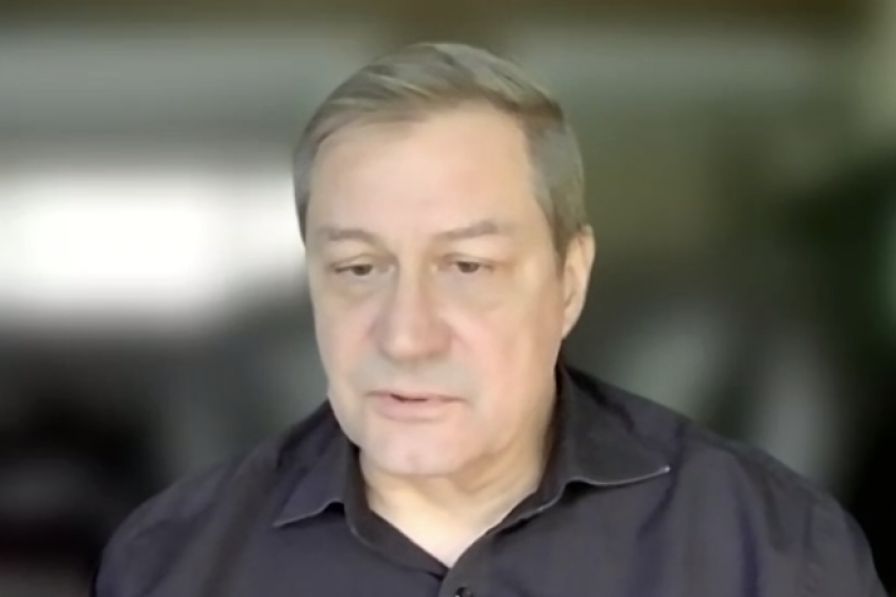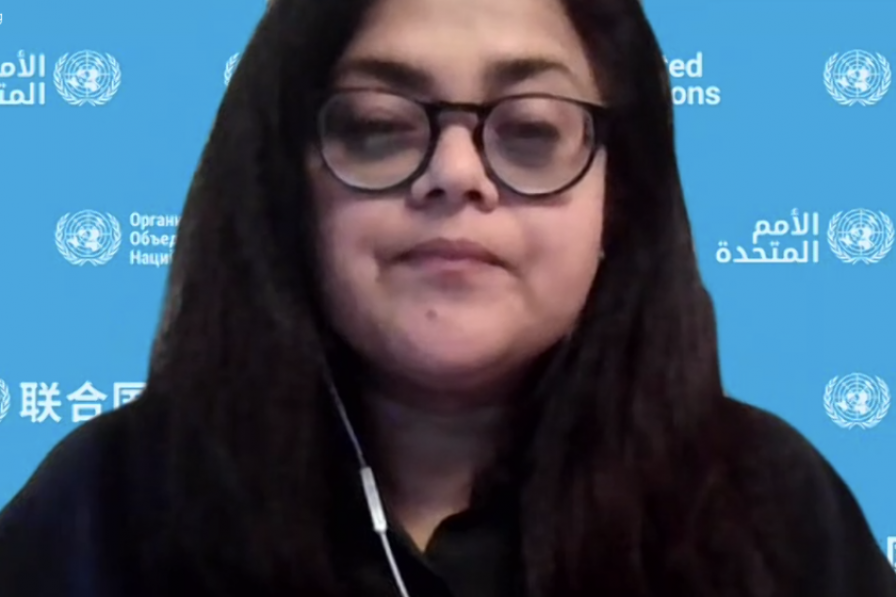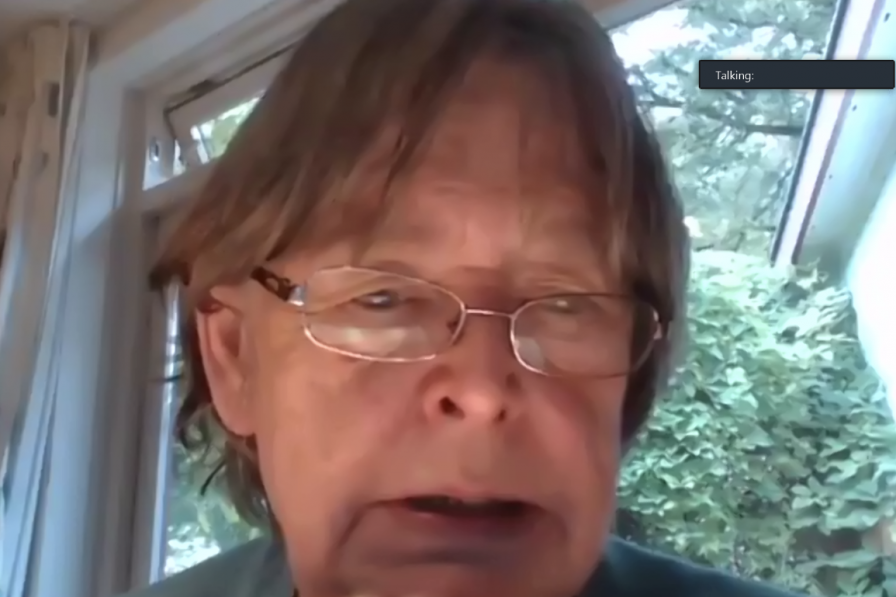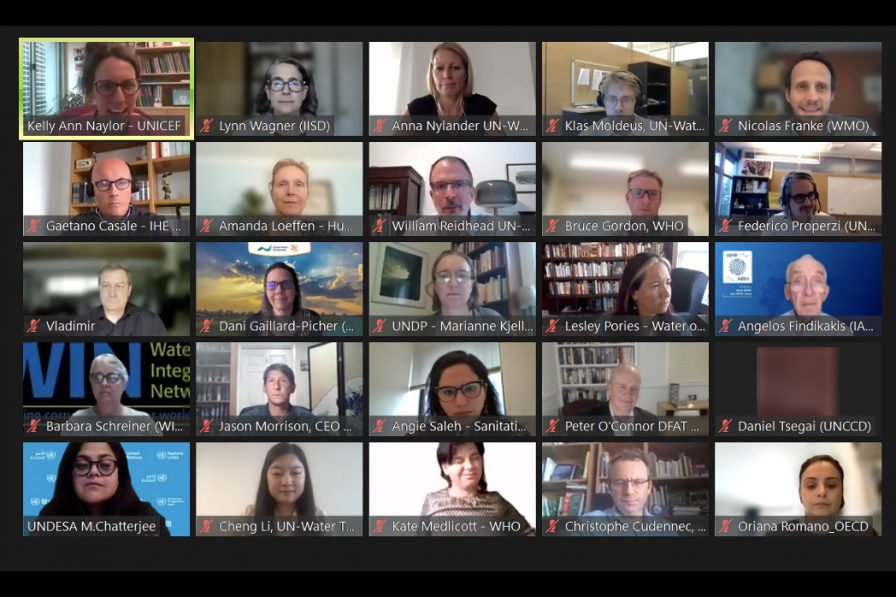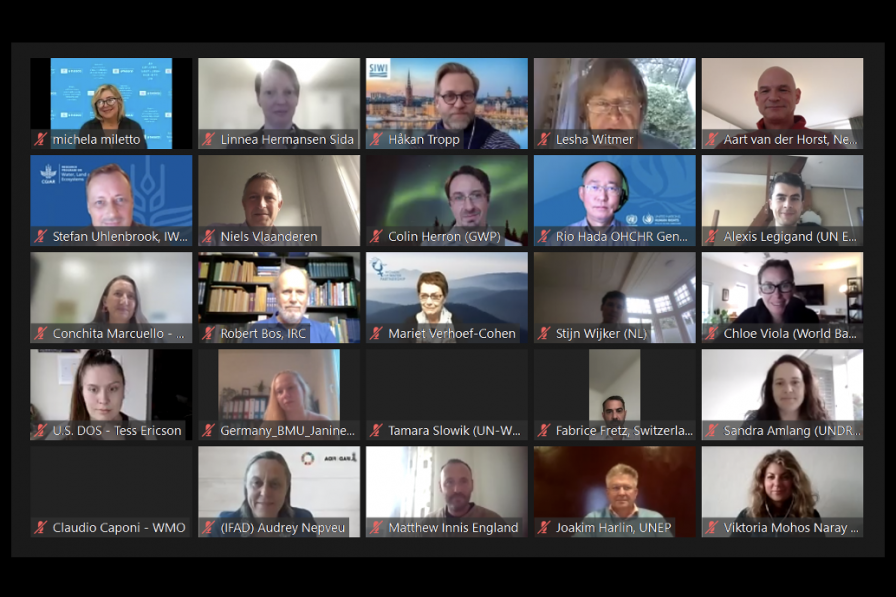During the second day of the 35th UN-Water Meeting, participants considered options for themes around which preparations for and the dialogues at the UN 2023 Water Conference could be organized.
UN-Water Vice-Chair Kelly Ann Naylor opened the discussion and noted that UN-Water’s monitoring work has demonstrated that progress is being made in some areas related to Sustainable Development Goal (SDG) 6, but said we need to do more and go faster. She encouraged participants to think about how the UN-Water platform can be used to accelerate progress on SDG 6. Naylor recalled that the SDG 6 Global Acceleration Framework is part of the UN Secretary-General’s work to deliver the SDGs by 2030 and has fostered collaboration to address gaps, develop new initiatives, and focus on country-driven results.
UN-Water Members and Partners were then briefed on planning for the UN World Water Development Report 2023, which will focus on the theme “Accelerating Change Through Partnerships and Cooperation.” Michela Miletto, DIrector/Coordinator, World Water Assessment Programme (WWAP), UN Educational, Scientific and Cultural Organization (UNESCO), noted that thematic perspective chapters are expected to address: food and agriculture; industry; human settlements; and environment. Additional thematic perspectives to be included are human health and climate change. A chapter on responses and moving forward would focus on the five “accelerators” of the Global Acceleration Framework: capacity development; funding, investment, and efficient spending; data, information, and monitoring; innovation; and governance.
Participants then convened in five breakout groups. Each group discussed a different option for the themes to be selected for the dialogue sessions that will take place during the UN 2023 Water Conference. Madhushree Chatterjee, UN-Water Secretary and co-coordinator of the Task Force on the Water Action Decade Implementation, noted the challenge in structuring the Conference so it would be more than a series of speeches. She said past events at the UN have structured dialogue sessions around questions and involved moderators, among other options. Chatterjee also noted there will be side events and special events taking place alongside the Conference.
Following the breakout groups, rapporteurs for each group reported back to the full meeting. A group focused on “Water Action Decade Work Streams” noted the importance of having a roadmap for the Conference and for involving sectors beyond the water and sanitation sector. This group highlighted governance as an issue that should be discussed, as well as gender, human rights, and social justice.
The group focused on “SDG 6 Global Acceleration Framework” suggested going beyond SDG 6 and identifying interlinkages with other SDGs. This group suggested focusing on what is being done and what has to be done. The group also suggested learning from the experience of the just-concluded High-Level Dialogue on Energy, and including the perspectives of Indigenous Peoples, youth, gender, and migrants.
The group focused on “Water-Related Global Targets” suggested organizing around five alternative themes that would split the SDG targets differently and include others that provide a broader systems-based view: climate and disaster risk reduction; peace and security; social needs, including health, education and economic development; food security/food systems; and biodiversity and the environment.
The group focused on “Thematic Focus” emphasized the need to build an action agenda, identify what has been done and what needs to be done still, and generate commitment by Member States to move forward. This group said the dialogues should have a multi-stakeholder approach.
The group focused on “Blended Approach” said the dialogues should contribute to the objectives of the mid-term review of the Water Action Decade, and could include themes including climate change, gender, vulnerable communities, and human rights. This group also said governance should be discussed.
In closing the open sessions of the 35th UN-Water Meeting, Naylor thanked the Members and Partners for engaging in the conversation. She highlighted the need for collaboration on the road to the 2023 Conference, and said UN-Water’s role as a coordinating body will provide an important tool to ensure engagement in the process. She highlighted the opportunity that the 2023 Conference provides UN-Water Members and Partners to shape the future, and looked forward to keeping the conversation going forward. She closed the open session at 10:08 am. UN-Water Members will continue the meeting on Wednesday, 6 October 2021.
To receive free coverage of global environmental events delivered to your inbox, subscribe to the ENB Update newsletter.
